According to CNN, Israeli Prime Minister Benjamin Netanyahu recently stated that the elimination of Hezbollah leader Hassan Nasrallah was the first step in "changing the balance of power in the region for many years to come." Accordingly, Israel saw an opportunity to restructure power in the Middle East and Netanyahu said that Hezbollah had been seriously weakened. However, absolute victory is still far away and those who "haste makes waste" often face regret.
Since September 17, Israel has been dealing heavy blows to Hezbollah, the Iran-backed militant group in Lebanon. First, it was pager explosions, then a major airstrike south of Beirut that killed senior commander Ibrahim Aqil and dozens of civilians. On the evening of September 27, a major turning point in the conflict occurred when Hezbollah leader Nasrallah and many of his close associates were killed in a large-scale airstrike.
Recent history, however, has provided bitter lessons for Israeli leaders and those with grand ambitions to change the course of events in Lebanon and the Middle East.
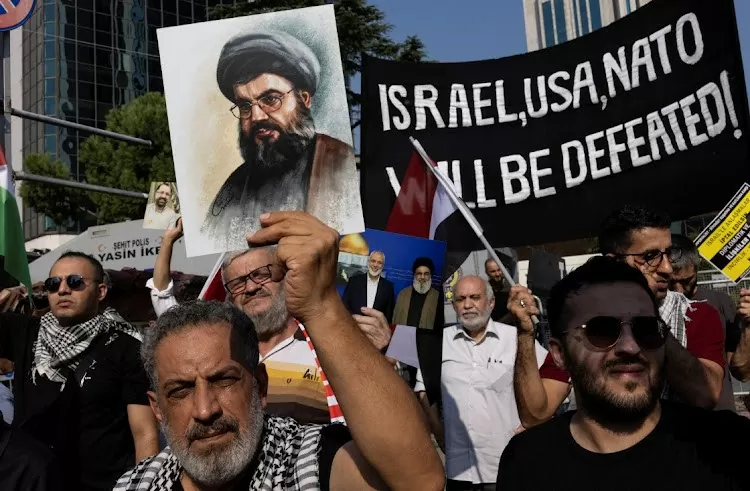 |
| A poster depicting Hezbollah leader Hassan Nasrallah at a symbolic funeral in Turkey on September 29. Photo: Reuters |
Lessons from the 1982 war
In June 1982, Israel launched an invasion of Lebanon with the goal of destroying the Palestine Liberation Organization (PLO). Furthermore, they hoped to install a pro-Israeli, Christian-led government in Beirut and drive Syrian forces out of the country.
 |
| An Israeli soldier prays next to a mobile artillery unit stationed near the northern Israeli town of Fasuta. Photo: Reuters |
All of these goals, however, failed. True, Palestinian militant groups were forced out of Lebanon under a US-brokered deal, sending them into exile in Tunisia, Yemen and elsewhere, but the PLO’s goal of crushing Palestinian national aspirations was unsuccessful. Five years later, the Palestinian uprising continued in Gaza and quickly spread to the West Bank, where to this day Palestinians remain steadfast in their resistance to Israeli occupation.
Israel's main ally in Lebanon at the time was Bashir Al-Gemayel, a Maronite Christian militia leader who had been elected president by the Lebanese parliament. However, before he could take office, he was assassinated in a massive explosion in east Beirut. His brother, Amin Al-Gemayel, took over. Under Amin's leadership and with a strong push for reconciliation from the United States, Lebanon and Israel signed a bilateral normalization agreement in May 1983. However, under pressure from the opposition, this government collapsed in February of the following year, and the agreement was quickly abandoned.
On the US side, after they deployed troops to Beirut to stabilize the situation after the Sabra-Shatila massacre in September 1982, they had to withdraw when their embassy was bombed twice, followed by the barracks of the US Marines and the French army in October 1983.
The civil war in Lebanon broke out again and lasted for more than 6 years.
In 1976, Syrian forces entered Lebanon as a "deterrence force" under an Arab League mandate and did not leave Lebanon until 2005 after former Prime Minister Rafiq Al-Hariri was assassinated.
Perhaps the most important outcome of the 1982 Lebanon War was the birth of Hezbollah. The group waged a relentless guerrilla war that forced Israel to unilaterally withdraw from southern Lebanon, marking the first time an Arab military force had successfully pushed Israel out of Arab territory. With Iranian support, the group proved to be far more dangerous and effective than the Palestinian militants Israel had faced.
Hezbollah not only survived the war but thrived, becoming a powerful force backed by Iran. It fought Israel in the 2006 war and has grown stronger with Iranian support. Today, although Hezbollah is weakened, in disarray and infiltrated by Israeli intelligence, it is premature to say that the group is nearing its end.
Warning about changes
Looking at the columns of smoke rising from the capital Beirut now, we are reminded of the words of Condoleezza Rice - Former US Secretary of State - during the war between Israel and Hezbollah in 2006. She said that all the bloodshed and destruction at that time were just "the birth pangs of a new Middle East".
Be wary of those who promise a new dawn, the birth of a new Middle East, or a shift in the regional balance of power. Lebanon is a mirror of everything that can go wrong. It is a land of unintended consequences.
Source: https://congthuong.vn/israel-and-ambition-in-the-middle-east-lebanon-is-a-mirror-reflecting-everything-that-can-be-sai-lam-349304.html




![[Photo] Closing of the 11th Conference of the 13th Central Committee of the Communist Party of Vietnam](https://vstatic.vietnam.vn/vietnam/resource/IMAGE/2025/4/12/114b57fe6e9b4814a5ddfacf6dfe5b7f)


![[Photo] Overcoming all difficulties, speeding up construction progress of Hoa Binh Hydropower Plant Expansion Project](https://vstatic.vietnam.vn/vietnam/resource/IMAGE/2025/4/12/bff04b551e98484c84d74c8faa3526e0)
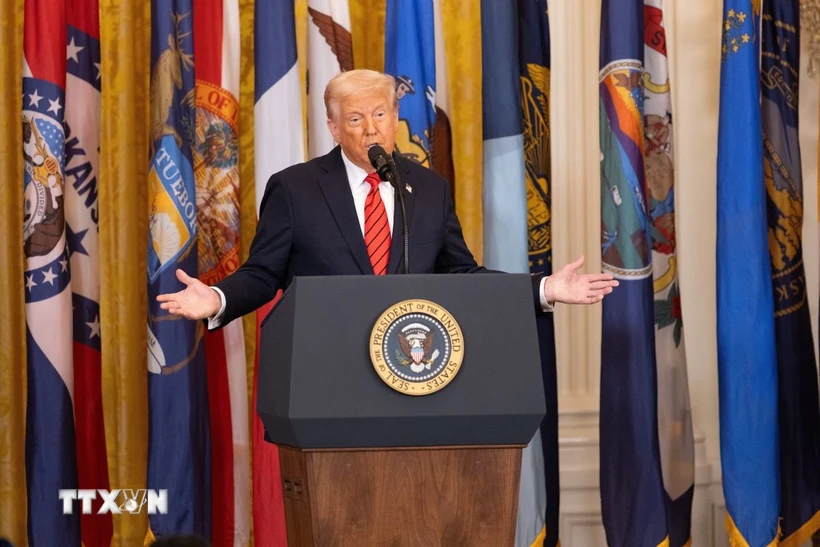

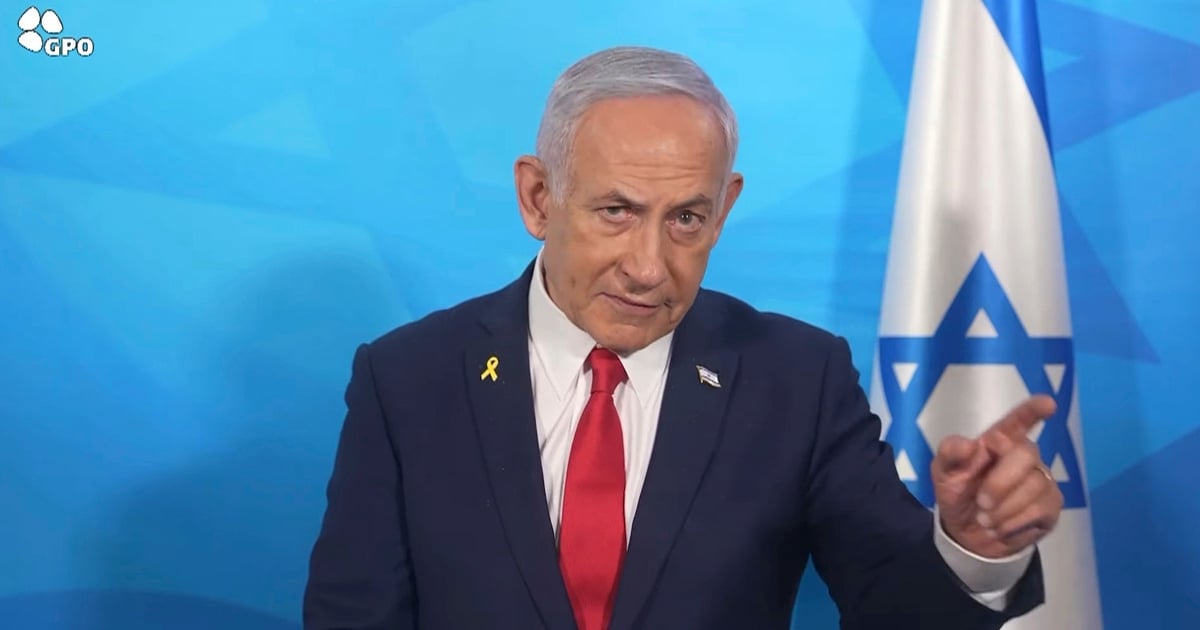

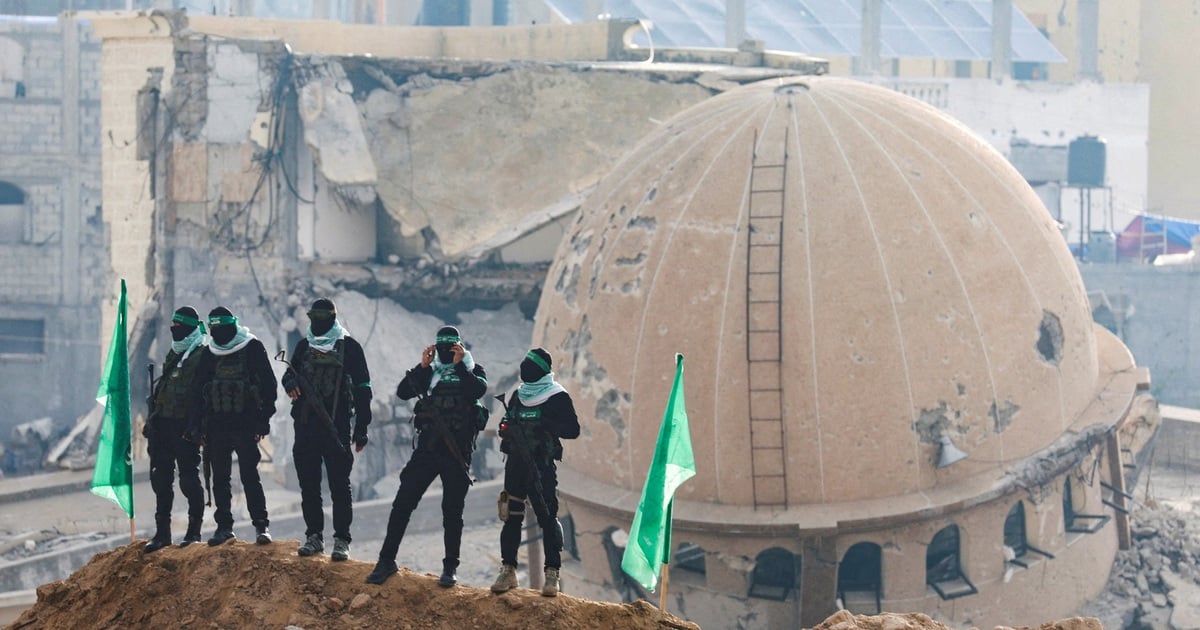
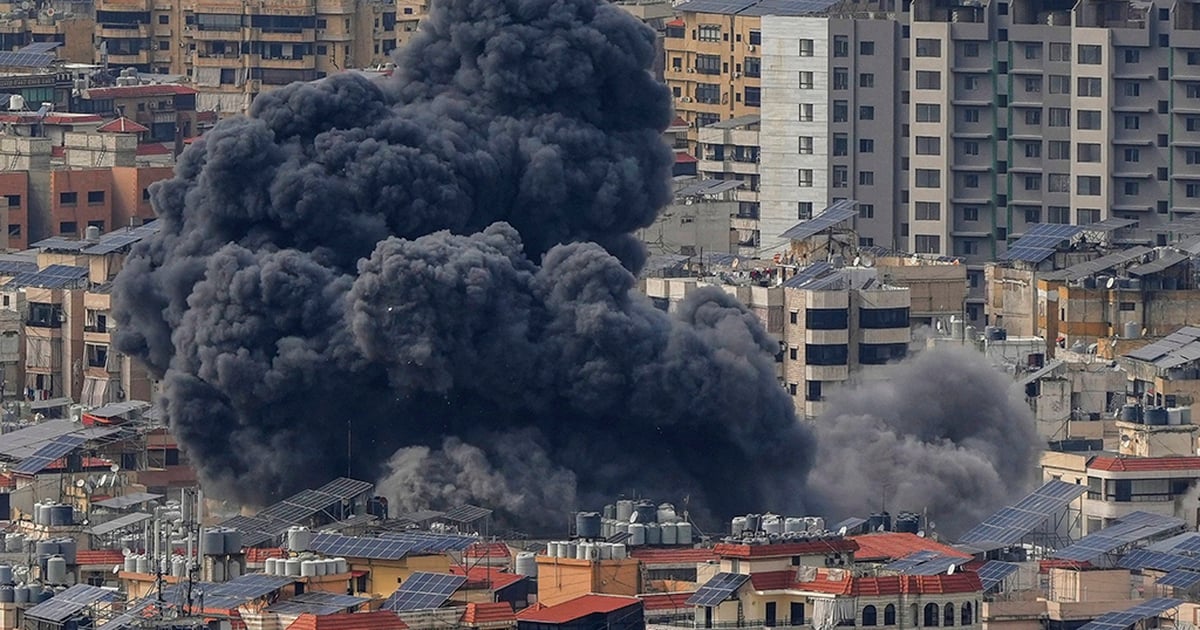
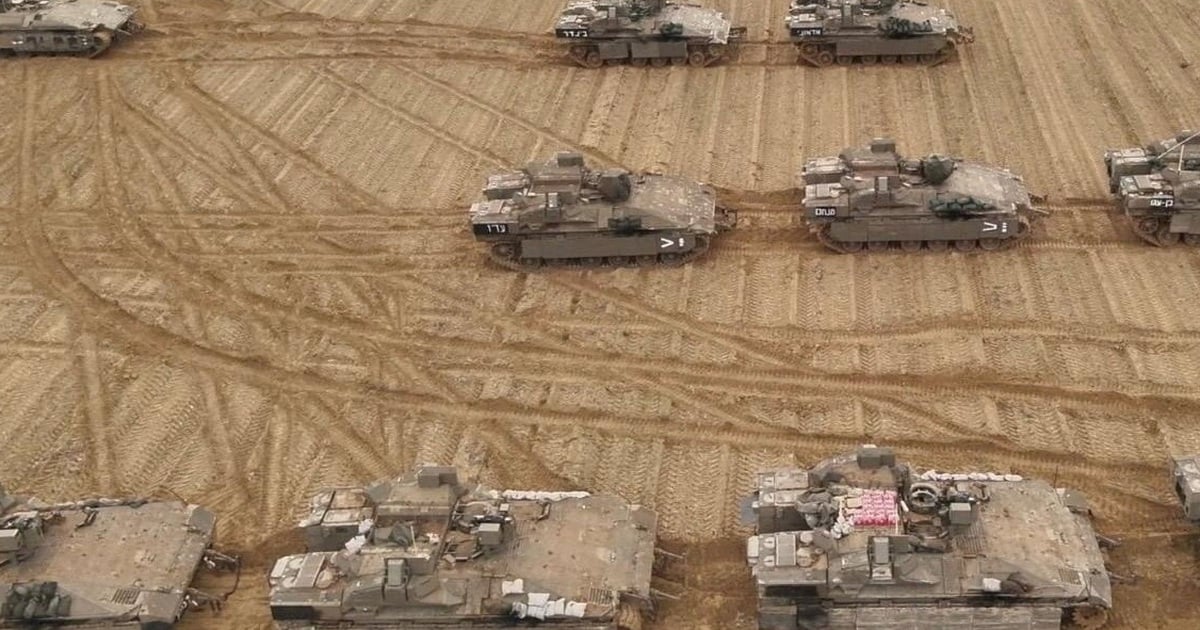
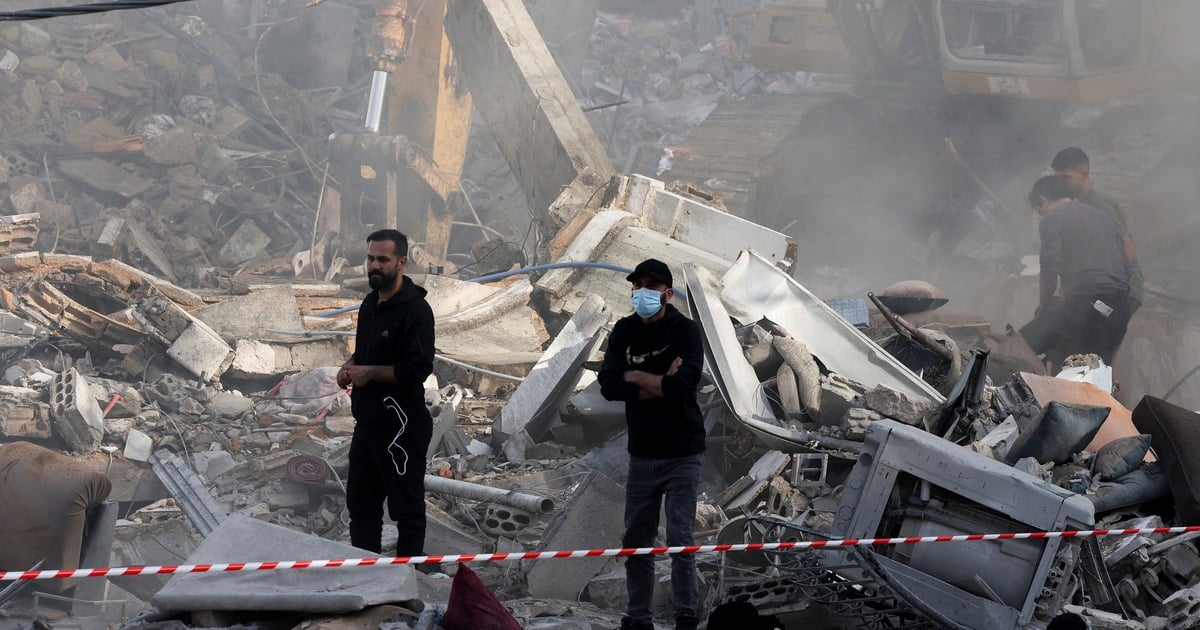

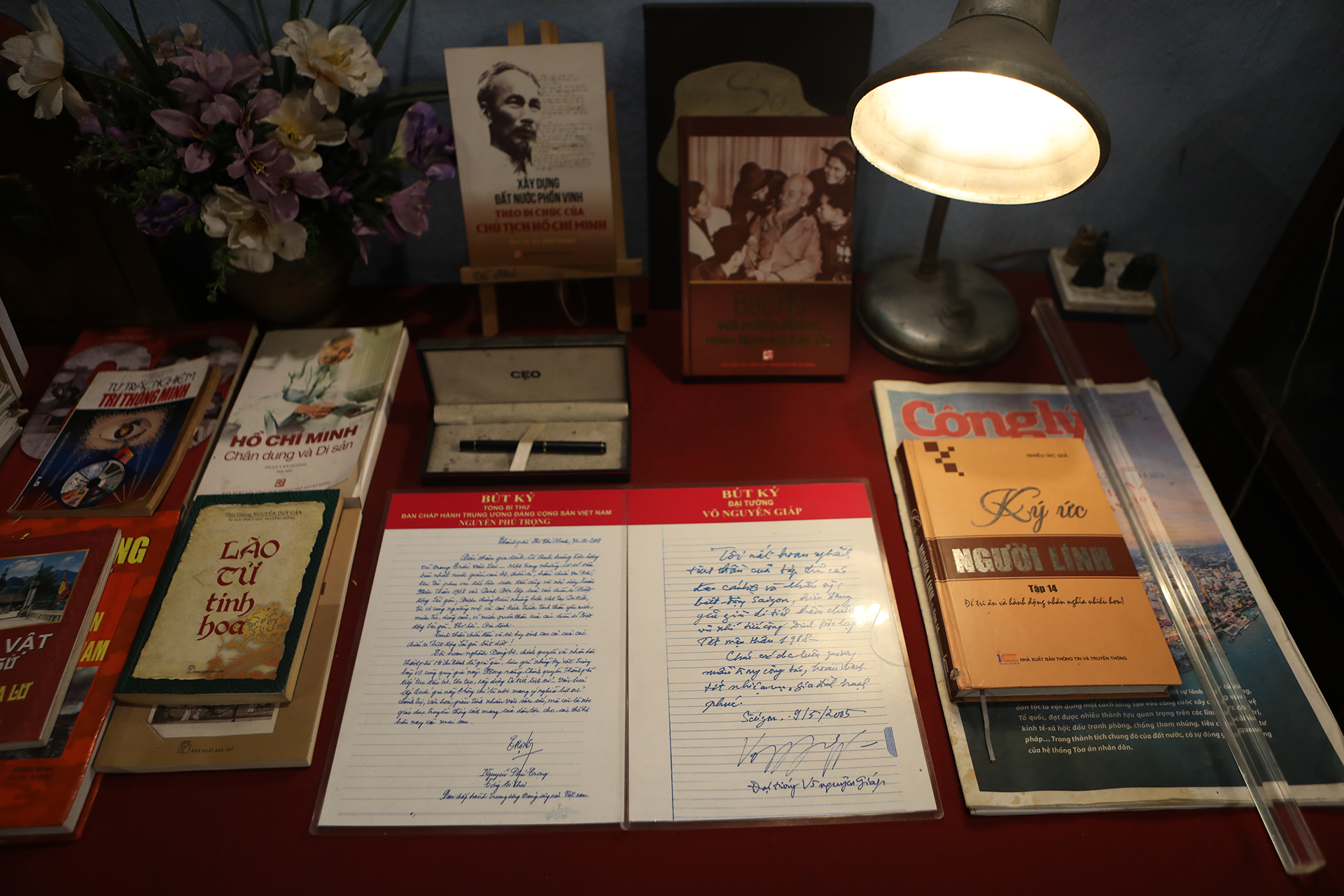
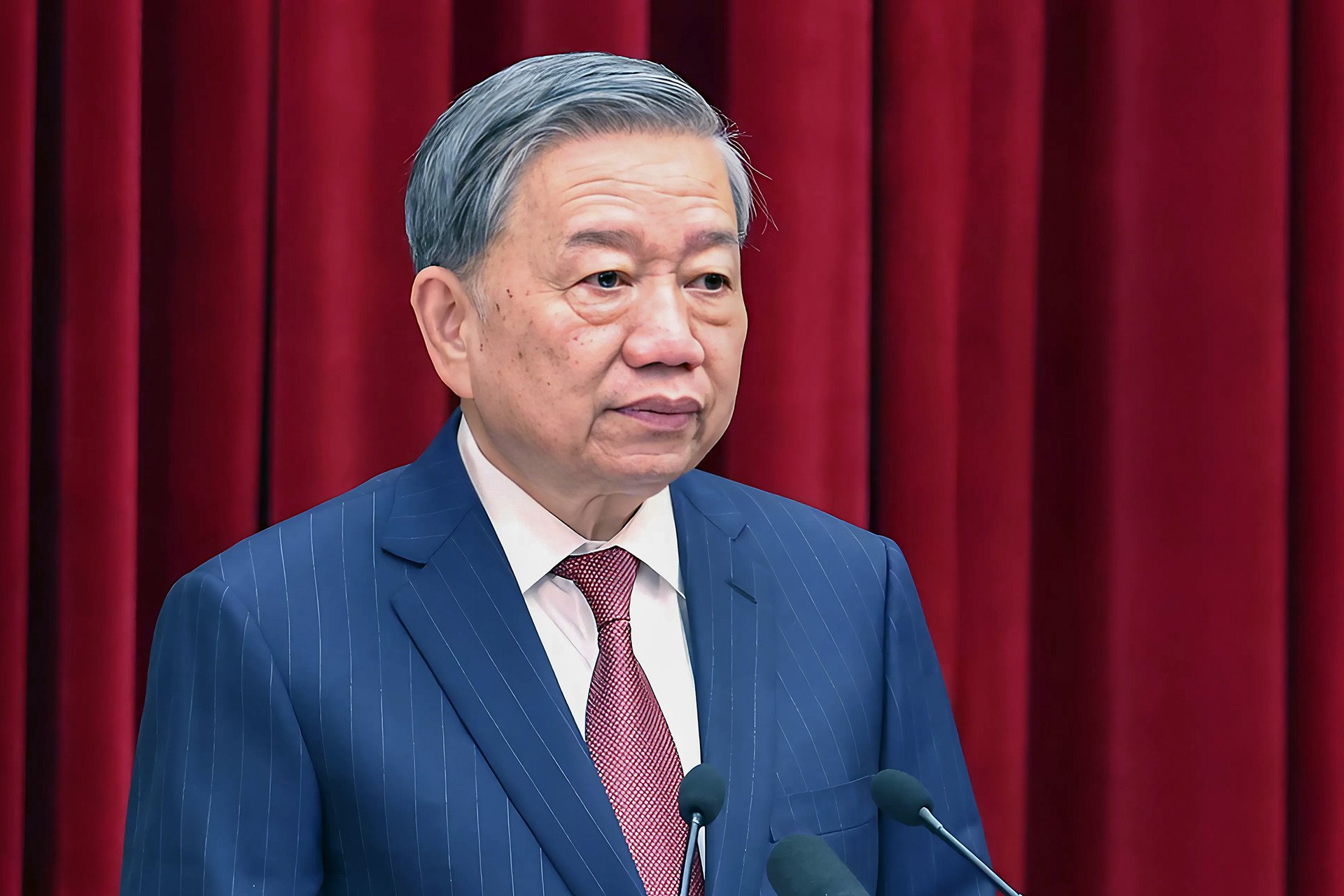

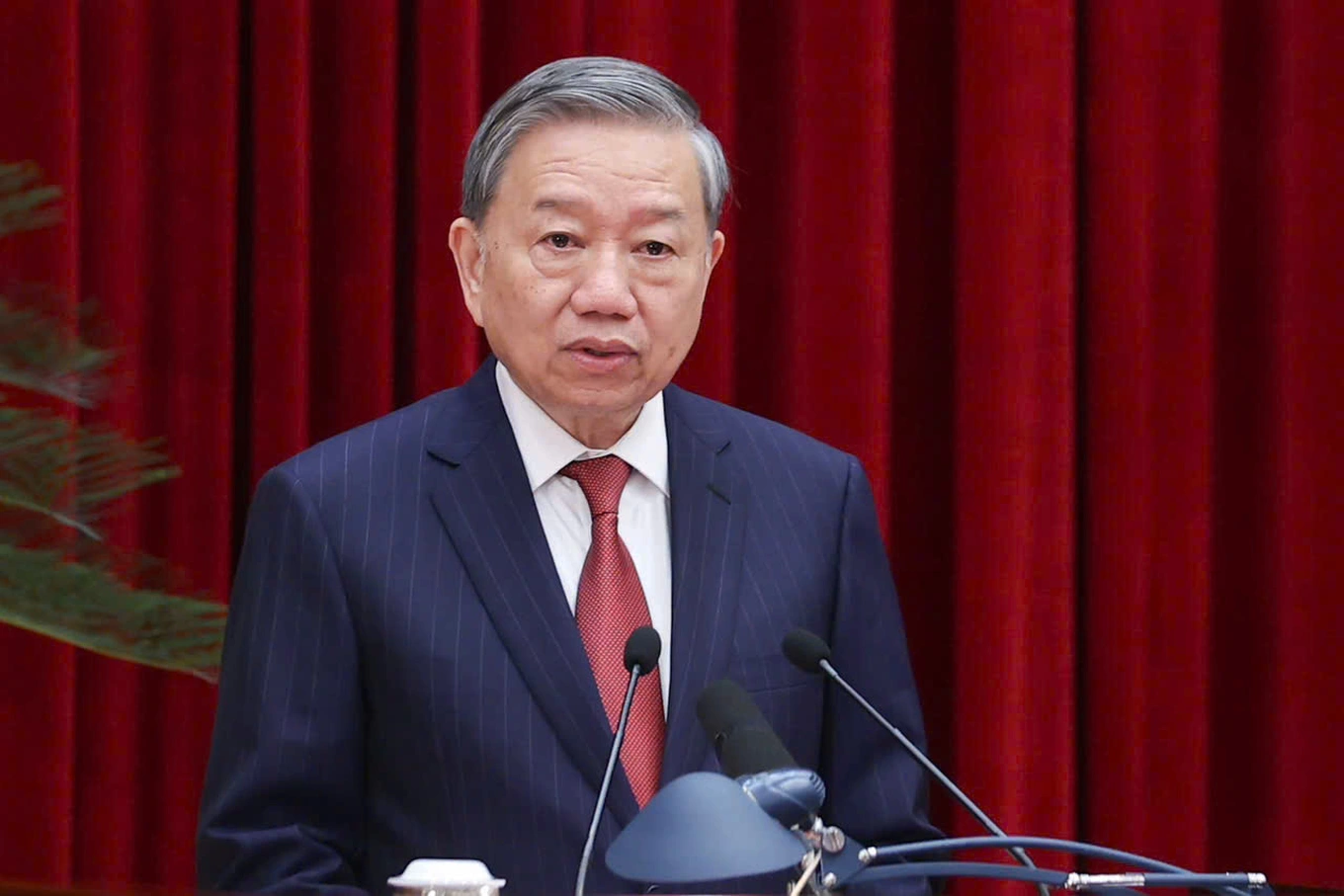
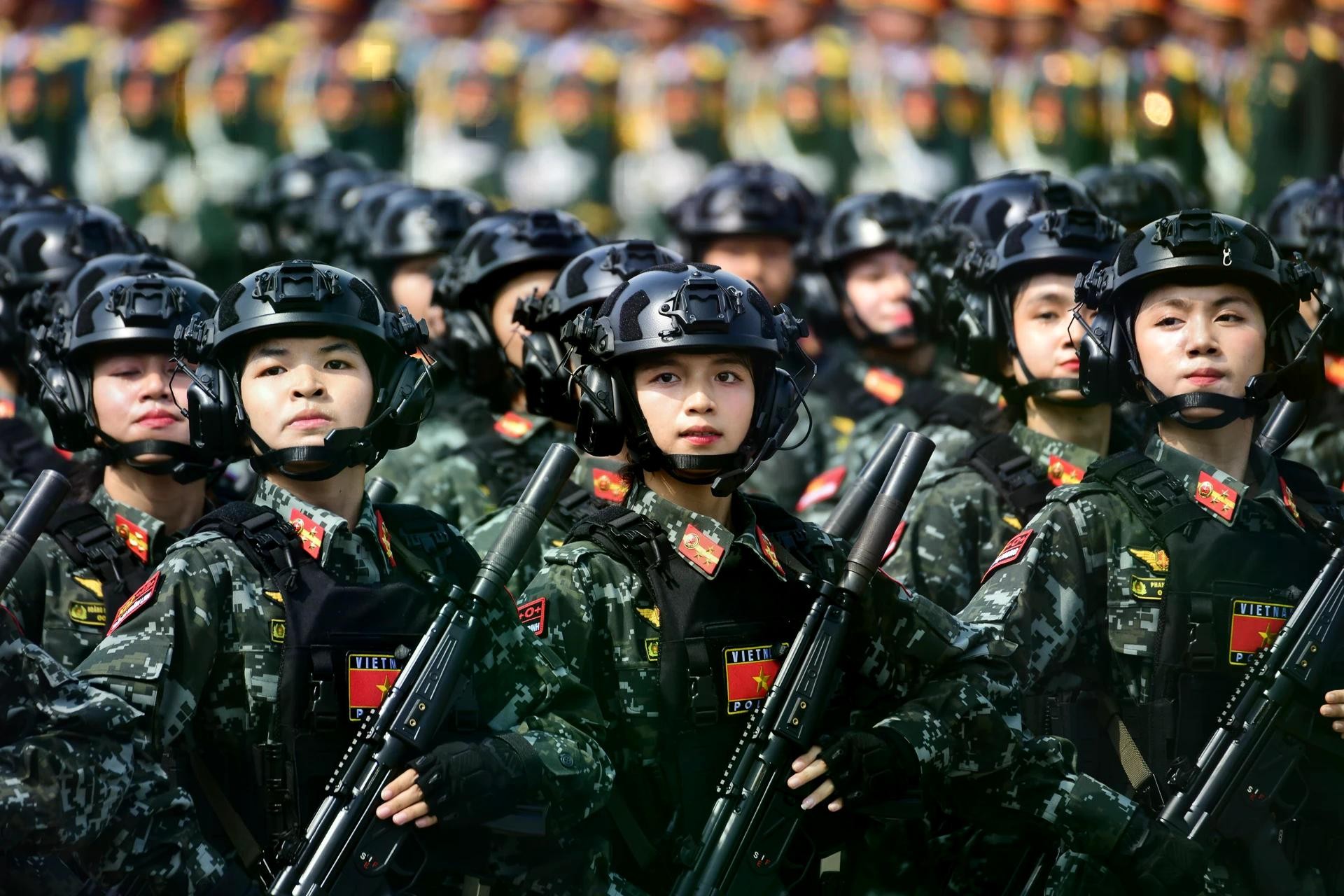








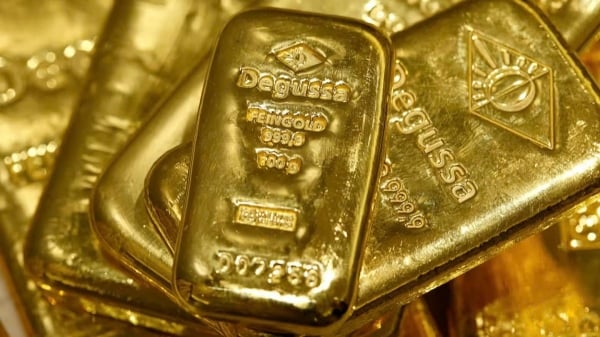
































































Comment (0)